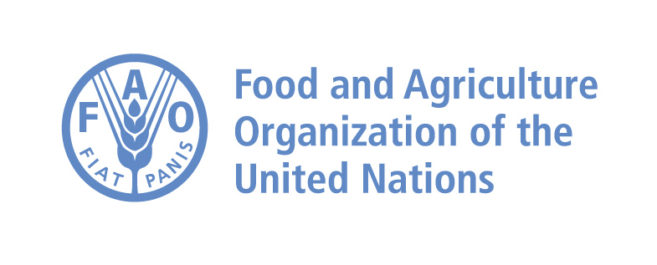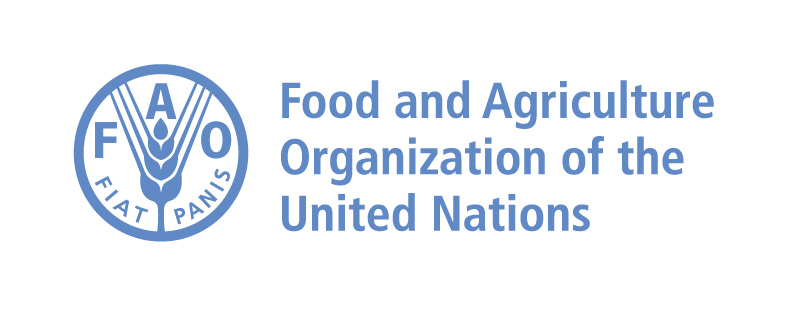 April 3, 2020, Santiago de Chile – 25 Latin American and Caribbean countries expressed their commitment to coordinate the supply of sufficient, safe and nutritious food for the 620 million inhabitants of the region during the COVID-19 pandemic.
April 3, 2020, Santiago de Chile – 25 Latin American and Caribbean countries expressed their commitment to coordinate the supply of sufficient, safe and nutritious food for the 620 million inhabitants of the region during the COVID-19 pandemic.
Attached please find the declaration with the names of the ministers and secretaries, which signed it. The full text of the declaration can be read below.
COVID-19 and the Risks to Food Supply Chains
The Ministers and Secretaries of Agriculture, Livestock, Fisheries, Food and Rural Development of 25 Latin American and Caribbean countries agree to inform public opinion about the measures we have taken and will continue to take in order to ensure the supply of sufficient, safe food and nutritious for the 620 million consumers in our region.
Currently, the region’s markets have enough food to ensure supplies. Global stocks of major foods are at a good level, and harvests in major producing countries have been good. Eighteen million farmers, fisher folk, ranchers and fish farmers, men and women, continue to work day by day in our region, so that food is not lacking on our tables. So do workers in agribusiness, transportation, import and export companies, and wholesale and retail markets.
Unlike previous crises, the food supply has remained stable in the world and in our region. Therefore, there are no reasons that justify significant increases in international food prices, and we call on all actors in the food system to prevent speculation at this time of emergency.
However, if the pandemic spreads over time, food supply chains will come under increased pressure. In this sense, if all countries strive to keep local, national, regional and global supply chains operating, we can ensure food in a sustainable way for the entire population.
For this, we commit ourselves to act in coordination, exchanging information and good practices, and to adopt appropriate measures in accordance with the reality of each country, such as the following:
a. Provide technical and financial assistance to small and medium-sized agricultural, fishing, aquaculture, livestock, and small and medium-sized agro-industrial producers, who provide a high proportion of basic foodstuffs for national consumption. Sustaining and, in some instances, increasing their production is essential.
b. Ensure the regular functioning of local, regional and national wholesale markets, ensuring their liquidity, access to products and workers, coordinating actions in this same direction with importers and distributors of food from the private sector.
c. Implement emergency programs to prevent food losses and waste, including those that stimulate and facilitate the operation of food banks.
d. Constantly monitor logistics chains, especially those that include two or more countries, and establish measures to expeditiously resolve any bottleneck that may affect their operation.
e. Introduce and promote the use of electronic food commerce platforms and applications and other measures to reduce the impact of healthy social distance and to favor chains with fewer intermediaries between producers, small and medium-sized businesses in neighborhoods, and consumers.
f. Promote that fiscal or trade policies, defined by governments as part of their response to the economic effect of the crisis, do not weaken the normal functioning of regional and global food trade.
g. Establish agile, public-private mechanisms that operate as emergency committees of food systems, to facilitate constant monitoring of supply and the situation of the markets, and coordination of adequate responses in real time. We will again resort to global platforms established in response to the price crisis of 2007-2008, such as AMIS.
Finally, the Secretaries and Ministers who sign this public declaration, with the support of the Food and Agriculture Organization of the United Nations (FAO) and other multilateral organizations such as the Inter-American Institute for Cooperation on Agriculture (IICA), the World Food Program (WFP), the International Fund for Agricultural Development (IFAD), the World Organization for Animal Health (OIE), the Caribbean Research and Development Institute (CARDI), the Caribbean Agricultural Health and Food Safety Agency (CAHFSA), and the International Regional Organization for Agricultural Health ( OIRSA), commit ourselves to keep in touch and collaborate in all necessary measures to ensure that the 620 million Latin American and Caribbean people continue to have enough, safe and healthy food every day at their tables.


